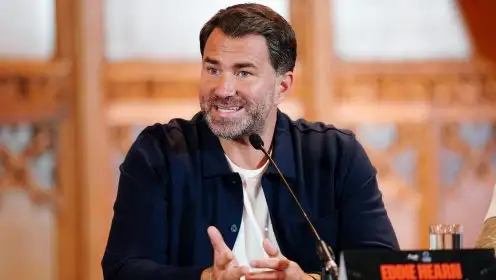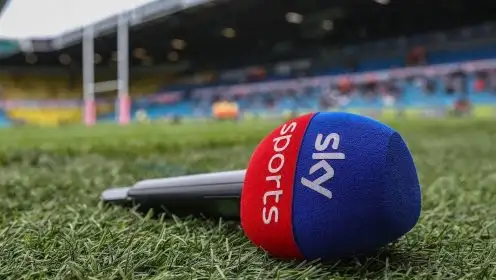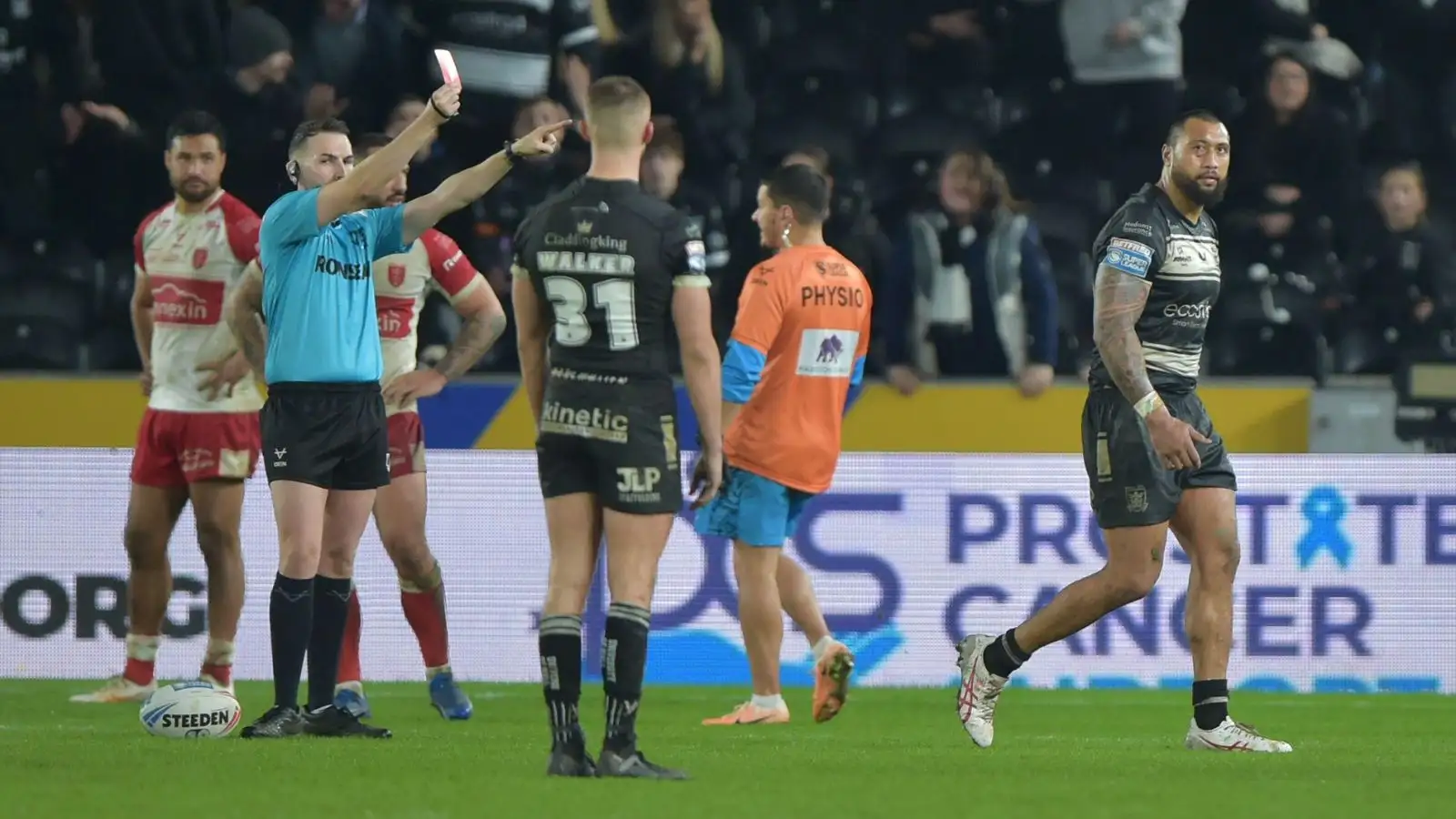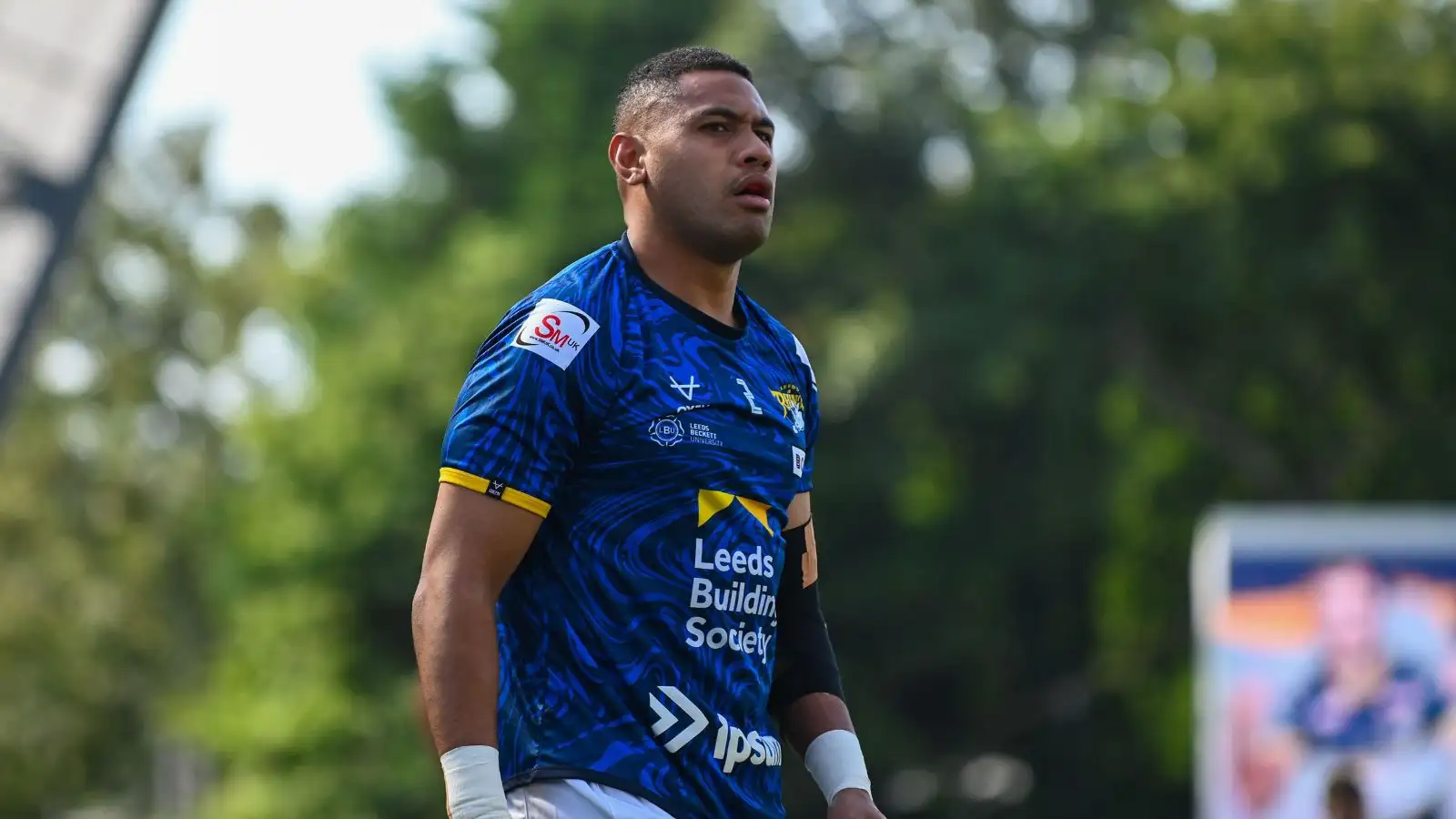Lockdown accelerated his decline but Rob Burrow says MND ‘picked on wrong guy’
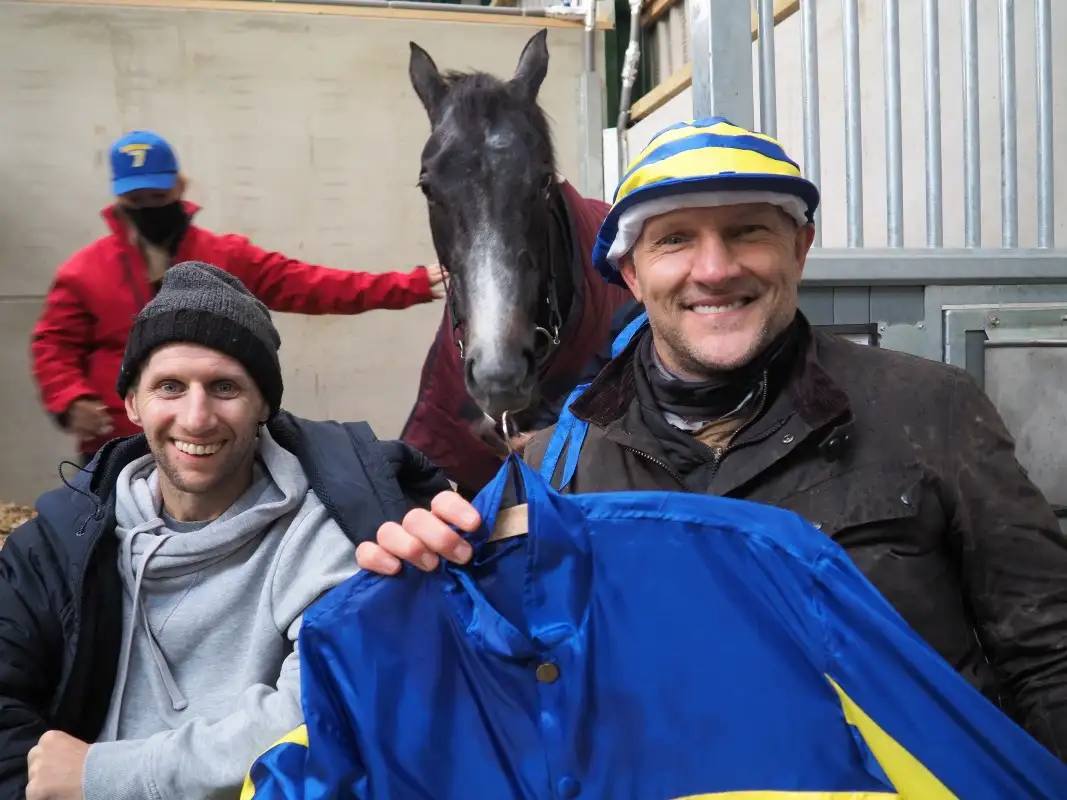
Rob Burrow believes the lockdown caused by the coronavirus pandemic has accelerated his decline.
The former Leeds and Great Britain half-back, who is battling Motor Neurone Disease (MND), makes the admission in his autobiography “Too Many Reasons to Live”, which is published by Macmillan on Thursday.
The 38-year-old was diagnosed in December 2019 and is now confined to a wheelchair, able to communicate only through an eye-driven communication device and cared for full-time by his wife Lindsey.
“When the first lockdown kicked in, I was stuck indoors for weeks,” he says. “People couldn’t visit because we were concerned they might kill me.
“I loved spending so much time with Lindsey and the kids but I think lockdown accelerated my decline. Just like a lot of people, I found it too easy to sit on the sofa doing nothing.”
Burrow, who was given approximately two years to live, speaks frankly about his condition, going as far as to envisage how his life will end, but does so with dignity and the humour and warmth that epitomises his character and would clearly be horrified if his story drew any pity.
He knows there is currently no cure for MND but intends to fight it all the way, using the same fearless will to win and bloody-mindedness that helped him overcome the odds and defy the critics who wrote off his rugby career before it started by insisting that, at 5ft 5in, he was too small to play the game.
“MND picked on the wrong guy,” he says, arguing it his “responsibility to stick around”.
“I can’t keep dodging the disease forever but it won’t stop me trying,” he says defiantly.
Burrow pays tribute to the inspiration of fellow MND sufferer Doddie Weir and the work of his father Geoff, who in his role of head of Burrow MND Research Inc, is leaving no stone unturned in his efforts to find a cure for the disease, describing him as a “man on a mission”.
The Castleford-born father of three weaves the highs and lows of his daily battle with MND into recollections of his outstanding career, which saw him play over 500 games, win eight Super League rings and appear in two World Cups.
Burrow, who actually had trials with Manchester City and Leeds before setting his heart on playing rugby league, was a one-club man throughout his career yet he reveals he came close to signing for Wigan in 2012.
That was in the aftermath of a fall-out with coach Brian McDermott, who relegated him to the bench and forced him into a new role of hooker.
The pair had what Burrow calls “a nasty meeting” in which they swore at each other and went close to exchanging blows.
It was only the ability to retain the number seven jersey through it all that kept him at Headingley but the resentment never went away and Burrow says he finally had had enough of McDermott by 2017 when he decided to retire.
The bitterness was clearly out of character, as illustrated by the glowing references from team-mates and opponents alike that litter the book.
And what really shines through is the love and devotion of a family man desperate, despite the hopelessness of it all, to retain his cheer and dignity.
With Lindsey, he imposed a strict no-crying policy in the Burrow house, at least for the adults, and insists he has no regrets over his choice of career and, above all, displays no malice.
Despite being knocked out about 20 times over the years, he has given his blessing to his two-year-old son Jackson to take up the sport.
Burrow’s decision to write his autobiography was based on a desire to raise funds for and, just as importantly, increase awareness in the MND Association to give other sufferers the chance of succeeding where he will almost certainly fail.
